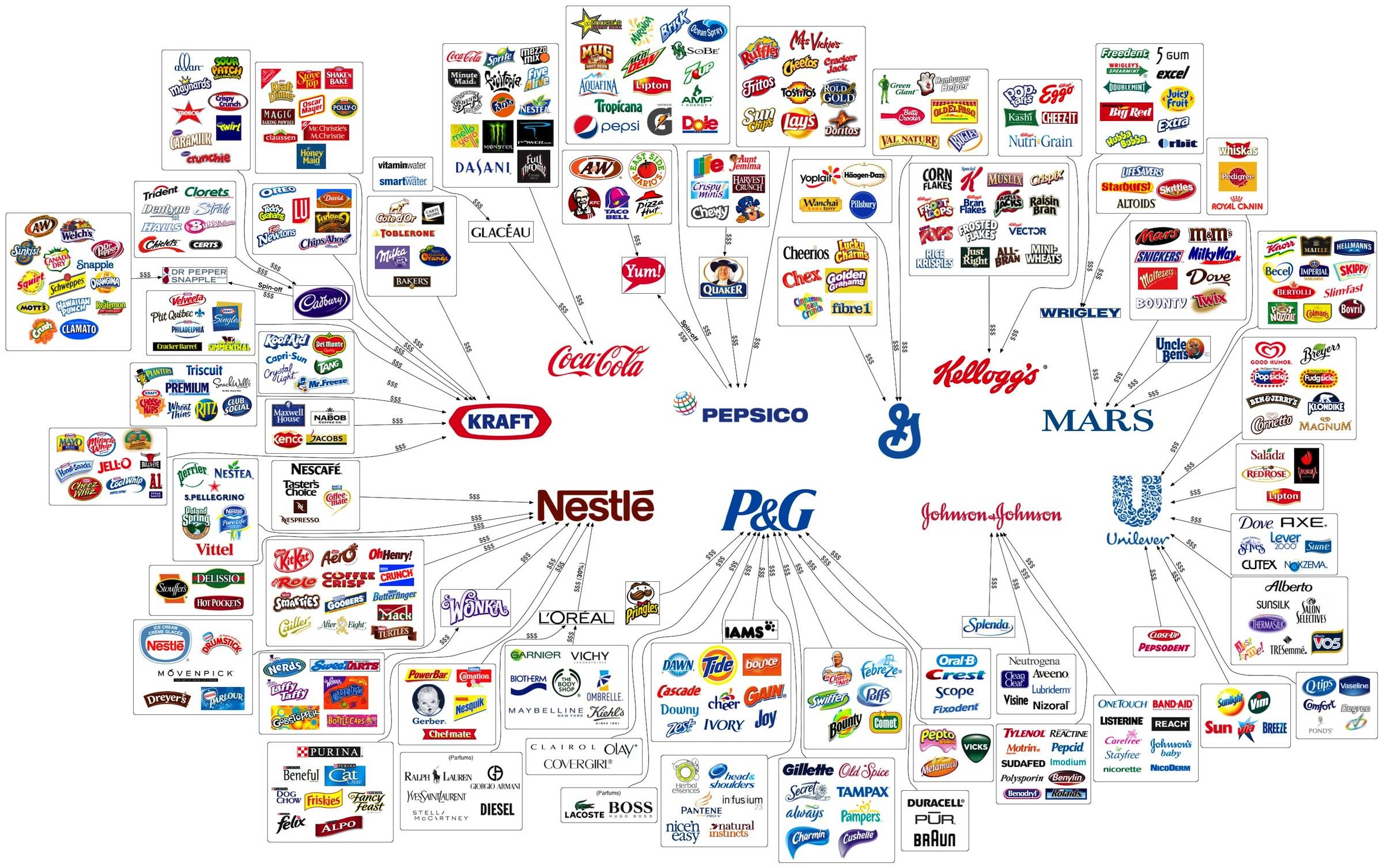News that the U.S. Justice Department and nearly a dozen states have filed fraud charges against credit rating agency Standard & Poor’s has crushed the shares of its parent McGraw Hill (MHP). The stock has fallen an astounding 23% in two days, vaporizing about $3.5 billion in market value. Here’s what you need to know about the case.

MHP data by YCharts
1) The government is alleging that S&P analysts intentionally inflated ratings on bundles of subprime mortgages that cost investors billions and sunk the economy back in 2007 and 2008. It’s seeking a staggering $5 billion in damages and will argue the First Amendment privilege on credit opinions that has protected S&P in other civil cases doesn’t apply in this case, because the firm knew its opinions were bogus.
2) S&P has hired renowned First Amendment attorney Floyd Abrams to defend it. In an interview with Bloomberg TV, Abrams argued that S&P analysts made a good faith, if erroneous call, on the housing market. It was spectacularly wrong but so were other ratings agencies, Wall Street analysts and government officials.
3) Every high profile case these days has its share of incriminating emails, and this one is no different. In the DOJ complaint, S&P analysts are portrayed joking about their willingness to rate mortgage deals structured by cows and trivializing the property market bust with references to the Talking Heads hit Burning Down the House.
4) What will happen to rival credit rating firm Moody’s (MCO), about 13%-owned by Warren Buffett? The company hasn’t yet been targeted by Justice. The Oracle remains a big supporter of the ratings firm, which has been shorted by hedge fund investor David Einhorn of Greenlight Capital Management. Moody’s stock fell 11% on Monday, but finished up slightly today. Whether Buffett holds steady or sells will be an interesting secondary story going forward.
5) Is the move by the Obama Administration a payback for S&P’s credit downgrade of U.S. sovereign debt back in summer of 2011? Abrams suggested the government investigation of S&P intensified after the move, though stopped short of suggesting the lawsuit was politically motivated. The Wall Street Journal’s opinion page, while no fan of credit rating agencies, wonders why 1) it has taken the Obama administration so long to act and 2) why the DOJ, and not the Securities and Exchange Commission is leading the charge? The headline of its piece: Payback for a Downgrade?
Photo: S.C. Asher



